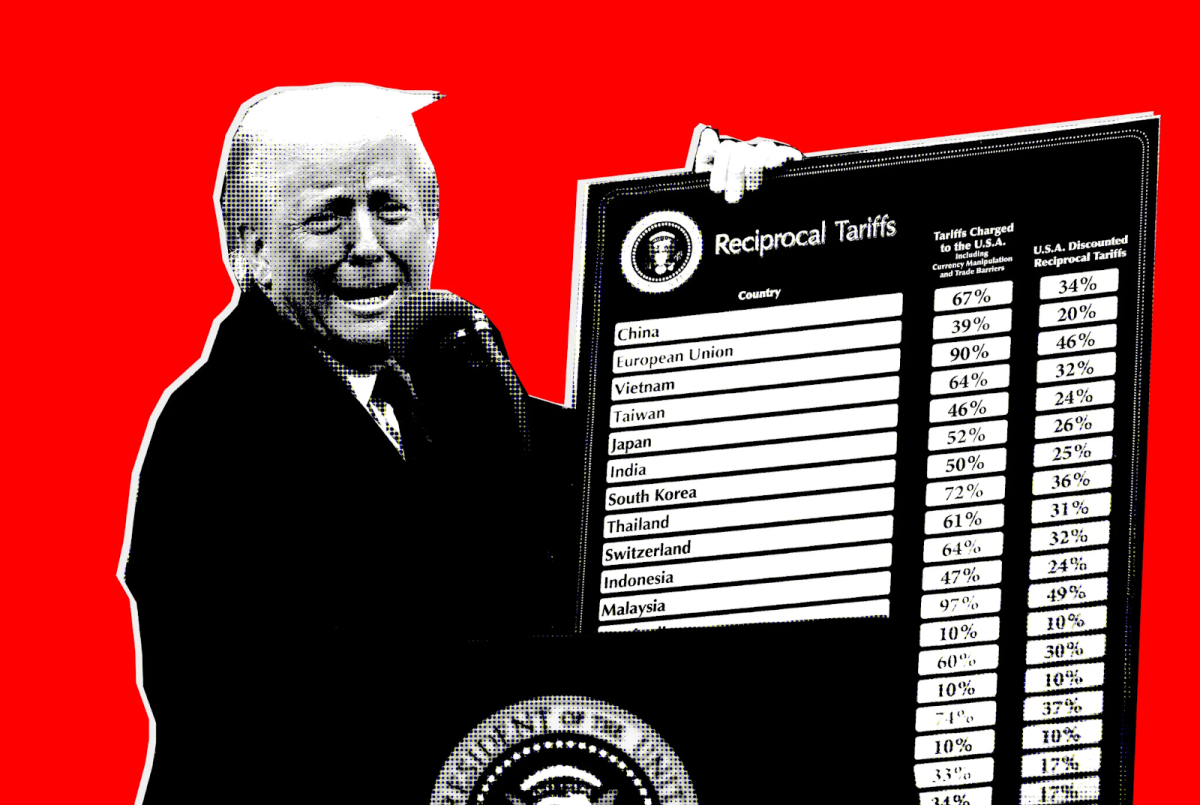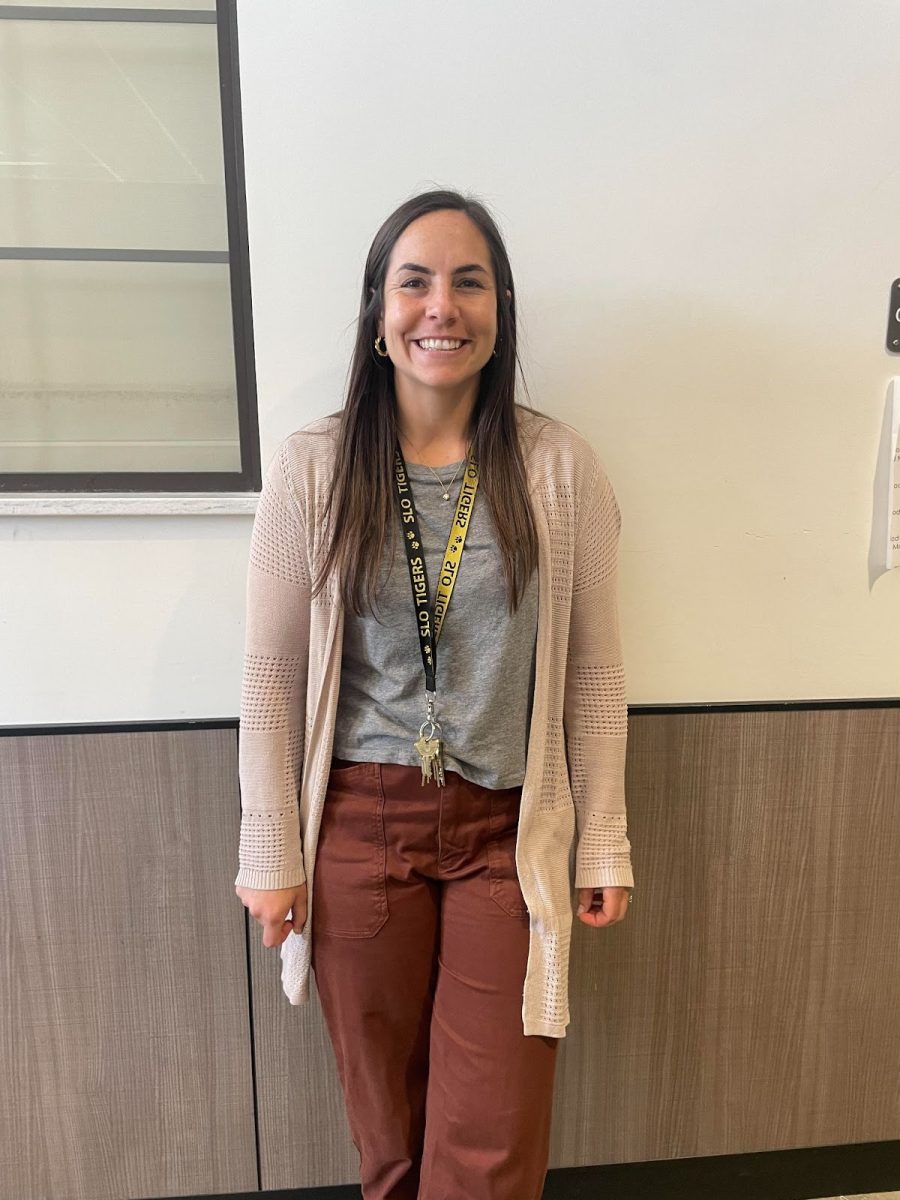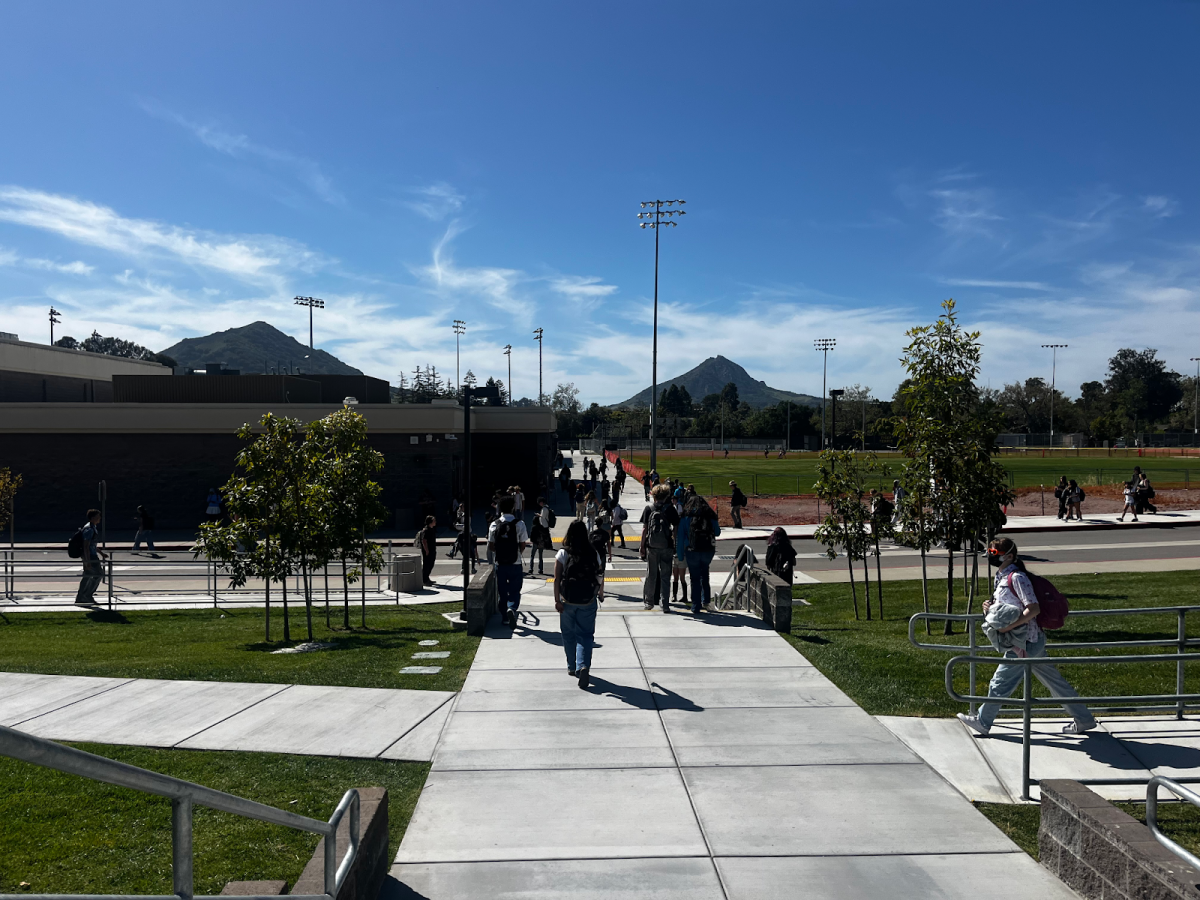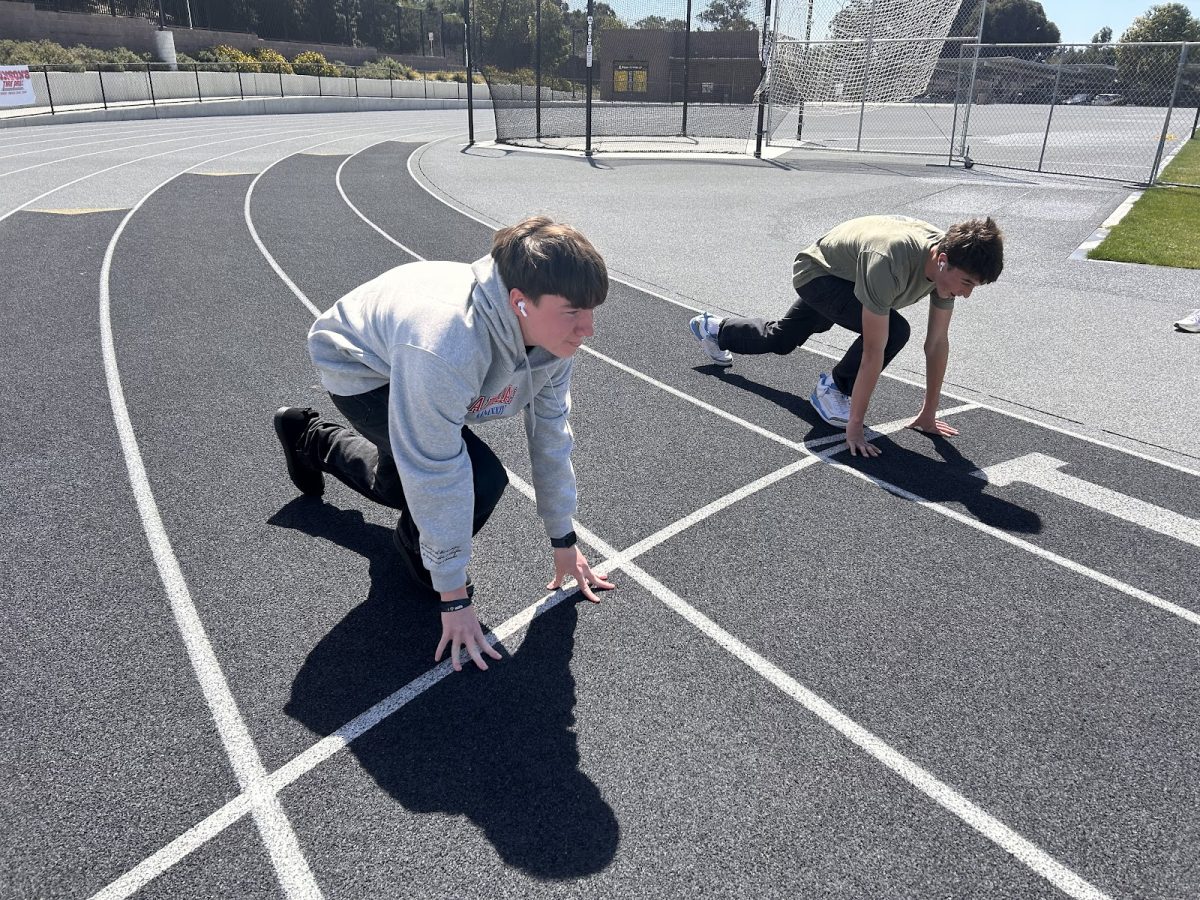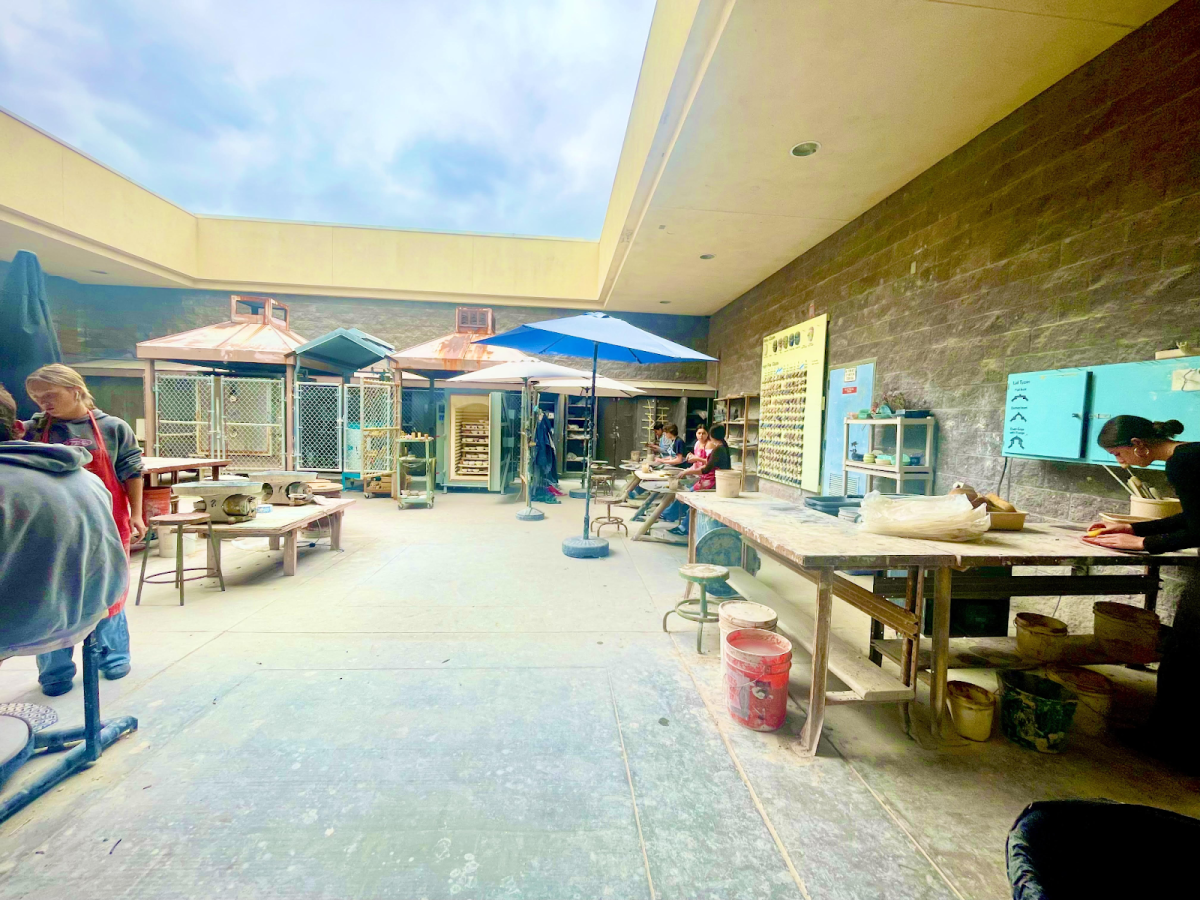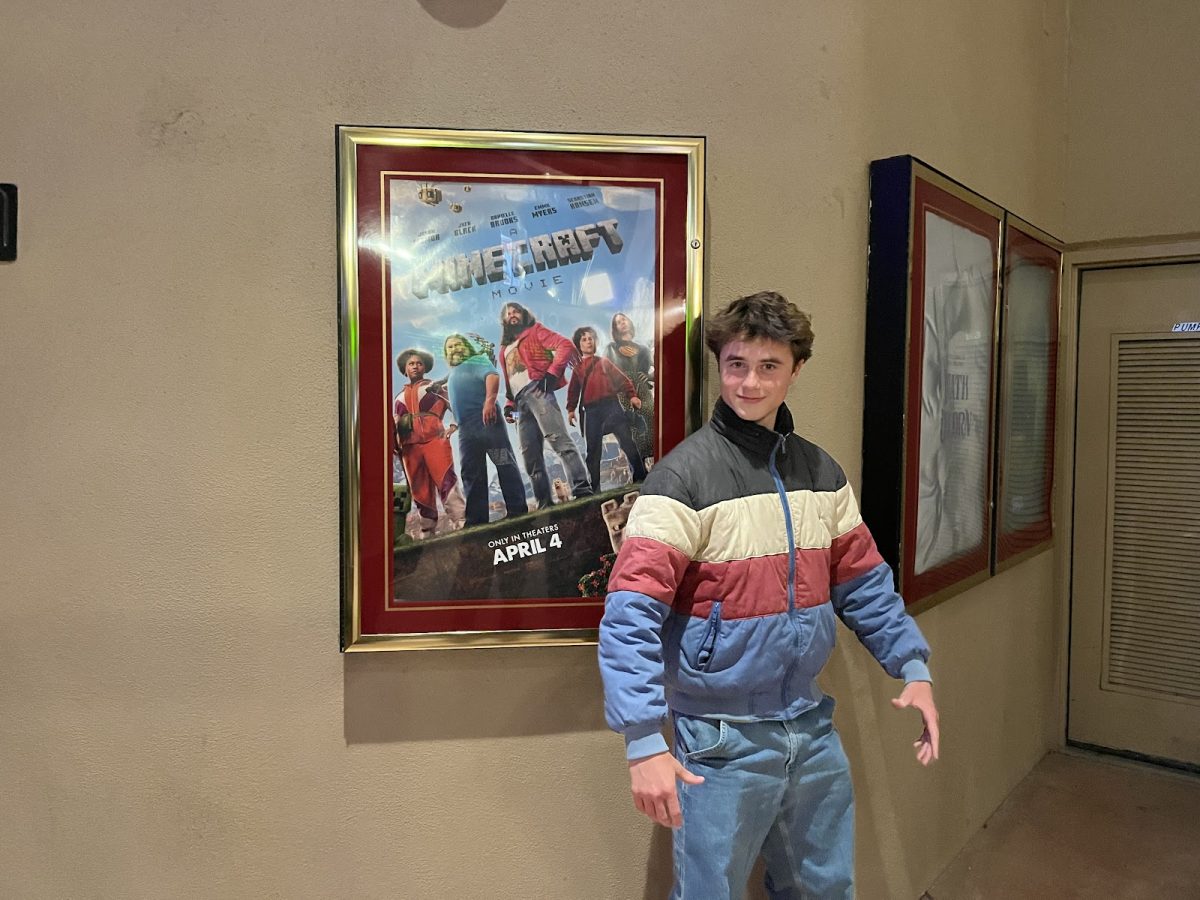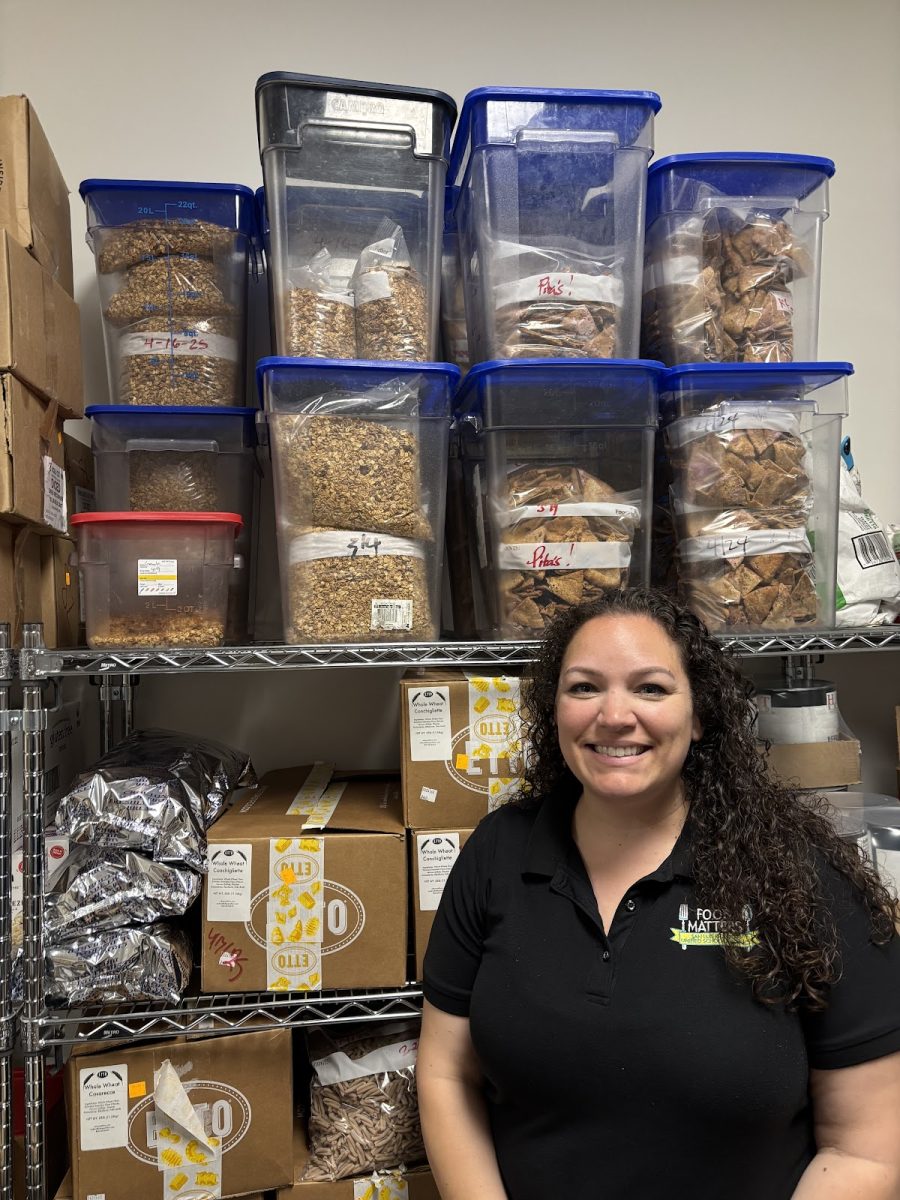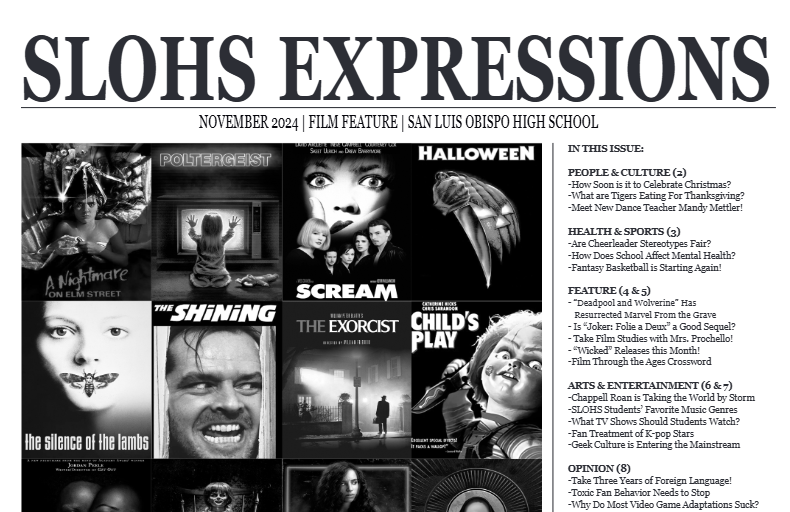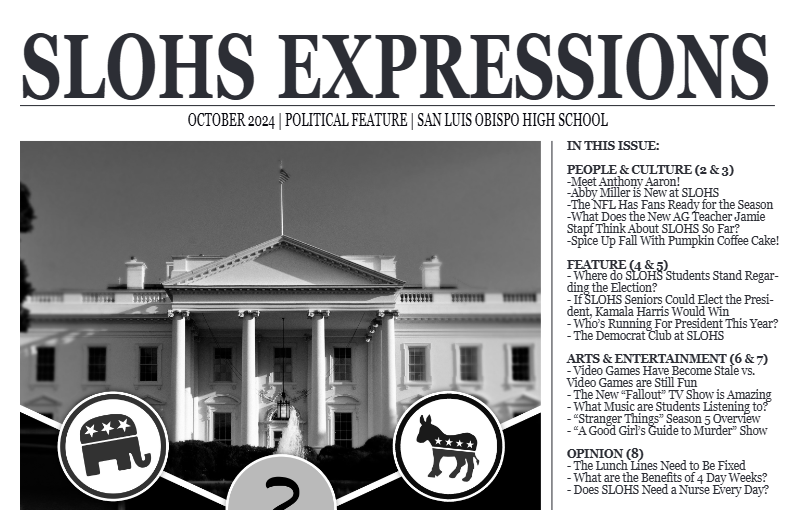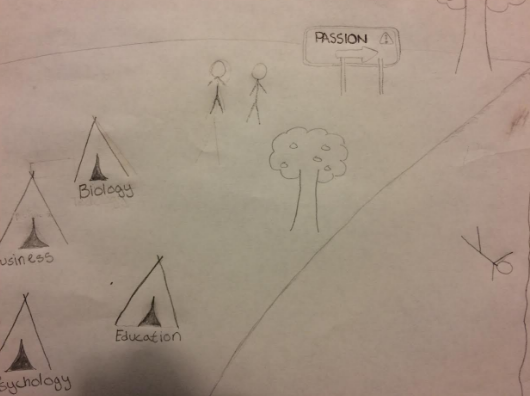As high school students, we are often given the advice to “follow our passions” when choosing a career. I have no doubt some variation of this message will be stated at the 2017 graduation ceremony by staff and students alike. However, this may be more of an emotional elevator than actual good advice.
If we try to get careers in things we love, the first thing we’ll notice is that everyone else loves those things too. A 2003 study by the University of Quebec found that 90% of students’ passions involved arts, sports, or music, which only accounts for 3% of jobs in the United States. This is a cause for concern when choosing what to study in college. For example, according to 2012 Census Data of the 2 million art graduates in America only 10 percent earn their living as artists.
Furthermore, even if there were jobs available in fields that students felt passionate about, this message would still be problematic. This is because though we may feel strongly about a career now, according to evidence we should expect to change our minds by the time we finish college. According to the National Center for Education Statistics about 80% of college students change their major at least once. Now this may simply be a response to the lack of jobs in certain fields I discussed earlier, but more likely it is due to the continual evolution of our interests.
So if our current interests are a poor indicator of what we would enjoy doing and/or will lead us to hopeless job markets, how do we choose a career? Perhaps we should reverse our approach to this question. Rather than look for jobs that align with our passions, we should look for characteristics of jobs that are likely to promote passion and enjoyment. For instance, certain job qualities such as independence and variety have been shown to correlate with employee satisfaction, and the only way to know if a job will have these features is through thorough research. I highly recommend that, before you declare a major in college, you look at the career paths of that major and talk to people who work in those fields. We will likely devote thousands of hours to the career we choose, so it only make sense to plenty of time deciding what that will be.
Sources: The Atlantic, 99u.com.






